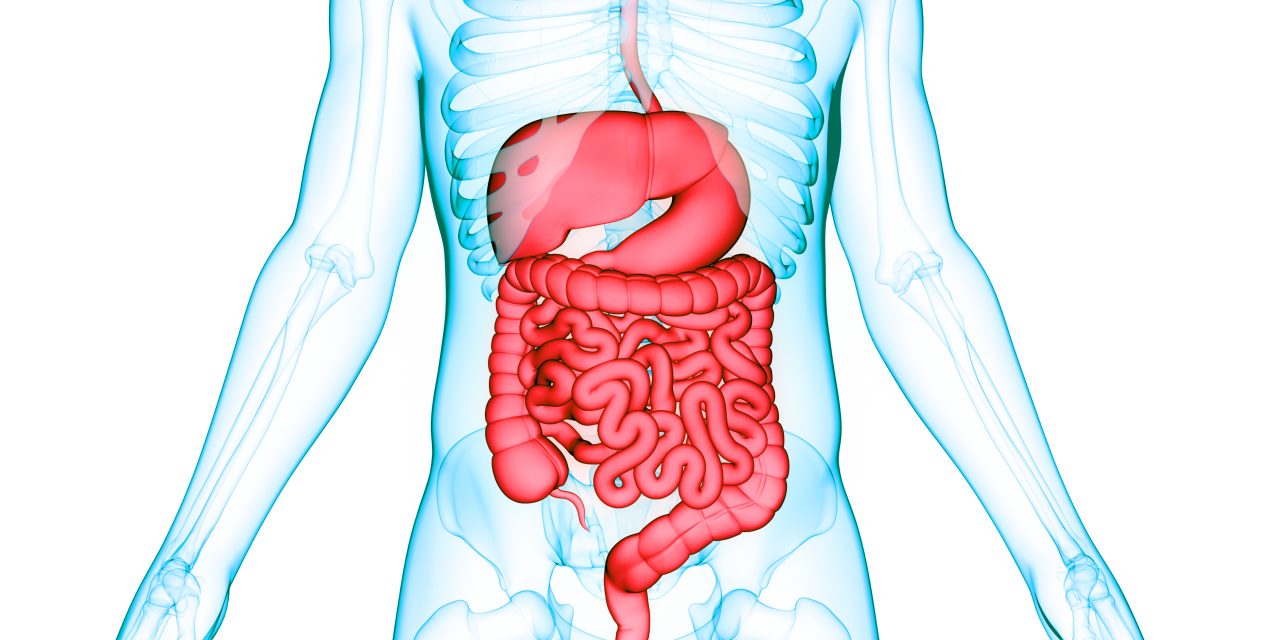We developed and validated a magnetic resonance imaging (MRI-)based index to predict Crohn’s disease (CD) post-operative recurrence (POR).
Patients with CD having undergone a post-operative evaluation for recurrence (with colonoscopy and MRI no longer than 105 days apart) were included between 2006 and 2016 in university hospital of Nancy, France. MRI-items with good levels of intra and inter-rater agreement (Gwet’s coefficient ≥0.5) were selected. The MONITOR index’s performance was assessed in terms of the area under the receiver operating characteristic curve (AUROC) and accuracy, by considering the Rutgeerts score as the gold standard. The MONITOR index was validated with a bootstrap method and an independent cohort.
Seventy-three MRI datasets were interpreted by two radiologists. Seven items (bowel wall thickness, contrast enhancement, T2 signal increase, diffusion-weighted signal increase, edema, ulcers, and the length of the diseased segment) had a Gwet’s coefficient ≥0.5 and were significantly associated with the Rutgeerts score, leading to their inclusion in the MONITOR index. All the items had a weighting of 1, except the “ulcers” item weighting 2.5, reflecting the higher adjusted odds ratio. The AUROC [95% confidence interval] for the prediction of endoscopic POR (Rutgeerts score >i1) was 0.80 [0.70; 0.90]. The optimal threshold was a MONITOR index ≥1, giving a sensitivity of 79%, a specificity of 55%, a predictive positive value of 68%, and a predictive negative value of 68%. The bootstrap validation gave an AUROC of 0.85 [0.73; 0.97]. In the validation cohort, a MONITOR index ≥1 gave a sensitivity of 87%, a specificity of 75%, a predictive positive value of 84,6%, and a predictive negative value of 75%.
The MONITOR index is an efficient, reliable, easy-to-apply tool that can be used in clinical practice to predict the POR of CD.
Copyright © 2021 AGA Institute. Published by Elsevier Inc. All rights reserved.
A MAGNETIC RESONANCE IMAGING INDEX TO PREDICT CROHN’S DISEASE POSTOPERATIVE RECURRENCE: THE MONITOR INDEX.


